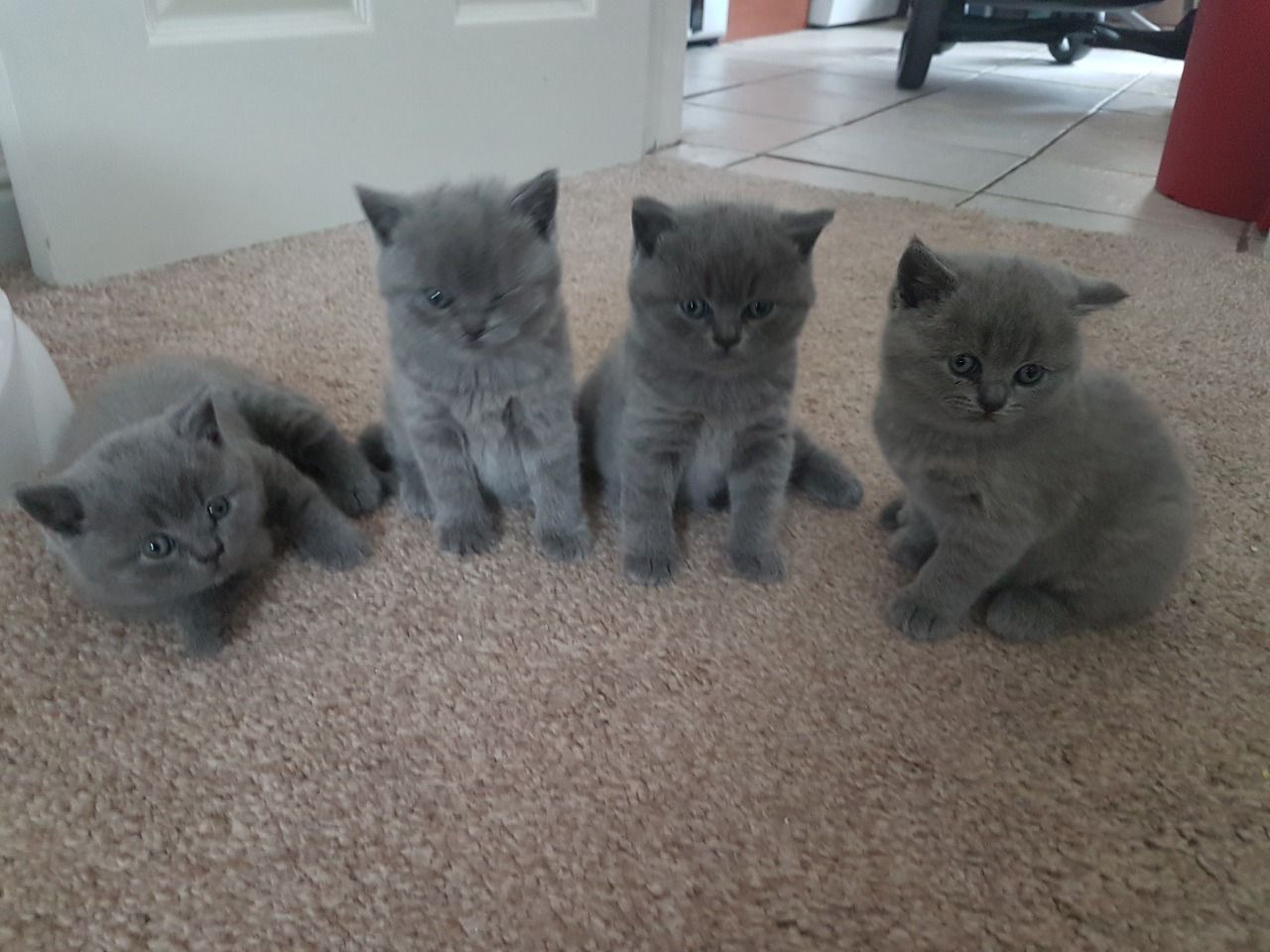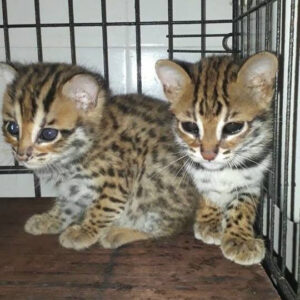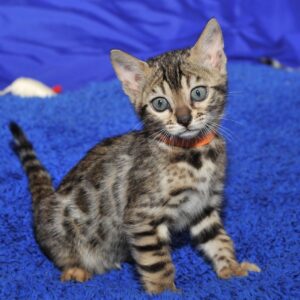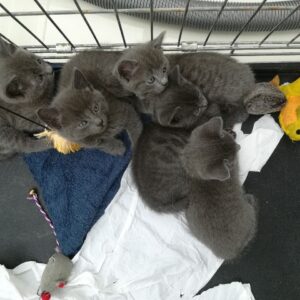Female Russian Blue kitten
Female Russian Blue kitten
-
History
As with so many cat breeds, little is known of the Russian Blue’s origins. He probably does come from Russia—his thick coat is surely that of a cat from colder climes—and he is considered a natural breed, meaning Matushka Nature created him, not the handiwork of humans. The Russian Blue’s development as a breed, however, took place primarily in Britain and Scandinavia, starting in the late nineteenth century, when showing and breeding cats became a popular activity.
The Russian Blue made his first appearance on the world stage of the cat fancy at an exhibit of cats held at London’s Crystal Palace in 1875. Labeled an Archangel Cat, because he was said to be from the Russian island of Archangel, he competed against other blue cats of varying types. A newspaper report of the show described the Russian Blue as “very handsome” and “particularly furry,” adding “They resemble mostly the common wild grey rabbit.” Other early names by which the breed was known were Maltese and Foreign Blue.
A British cat fancier named Mrs. Carew-Cox began importing the cats in 1890 and bred and showed them through the turn of the century. She described them as having short, silvery fur, large ears, wide-set eyes and lean faces, with sweet, intelligent personalities—in short, much the same as the Russian Blue of today. In 1912, the cats were well enough established that they could be shown in a class of their own instead of being lumped together with other blue cats.
World War II nearly put an end to the breed. Very few cats survived the years of privation, and British and Scandinavian breeders turned to other breeds, primarily the Siamese and the British Blue, to help revive their bloodlines. Because of the Siamese influence, the cats developed a more extreme look, and the texture of their coat changed. It took years to bring the breed back to its original appearance. That was achieved by combining British bloodlines, which emphasized plush, silvery coats, and Scandinavian bloodlines, which were known for producing cats with bright breen eyes and flat profiles. The result was the Russian Blue of moderate type seen today.




